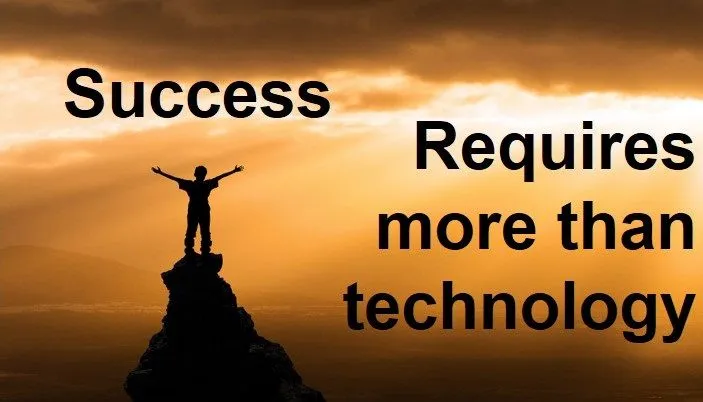More about GIIMs Digital Education Programs
This certification equips candidates with critical strategic, tactical, and operational capabilities to harness emerging digital technologies for transformative impact in education


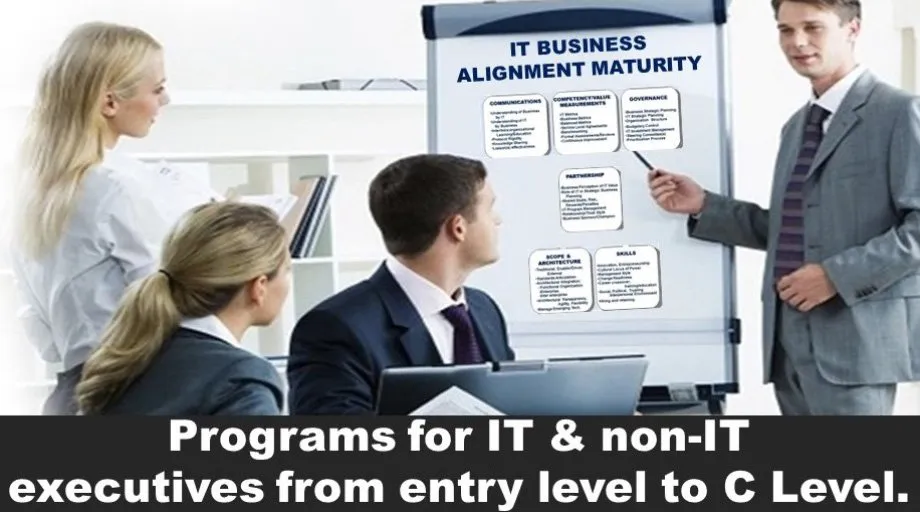

AI for teachers, not AI instead of teachers!
Educational roles are undergoing a significant transformation as AI-powered learning systems increasingly take over content delivery and basic assessments. Automated grading, personalized learning platforms, and AI tutoring systems are reducing the reliance on traditional instructional support positions.
According to projections by the World Economic Forum, up to 20% of educational support roles may be automated by 2030. However, teachers remain indispensable, highlighting the mixed economic signals within the education sector.
At the same time, the need to support multiple locations (including globalization) and distance learning for organizations (e.g., universities, internal and external education/training departments) has been recognized as important for decades. However, the coronavirus pandemic has made it an essential component for the successful development (education, training) of candidates (e.g., students, internal and external staff). In addition, todays fast paced dynamic workplace environment has driven the need to provide flexible any-time any-place education/training, as well as the digitization of all administrative processes.
These certificates prepare organizations (e.g., managers, teachers, administrators) to be effective educators/trainers in today’s multi-location global environment that leverages emerging information technologies (especially AI, blockchain, and security).

Universities and colleges around the world are experiencing declining enrollment, rising costs, costly digital and technological advancements, reduced government funding, and changing student preferences. All of these factors contribute to increased financial vulnerability and implementing urgent, strategic measures are vital to “course correct” the fiscal trajectory of higher education institutions; all must be considered together.
At the same time, Artificial Intelligence (AI) and other emerging technologies and practices are rapidly shaping the evolving future of teaching and learning, envisioning a number of scenarios and implications for the new generations of higher education students as well as faculty. This is also the case for all education institutions/organizations.
The rapid pace of technological evolution also necessitates continuous skill development. The global workforce will need to undergo reskilling to remain relevant. Organizations that invest in upskilling programs foster adaptability in their workforce, boosting innovation and future-proofing their operations.
Examples of AI in Education
A. Academic & Learning support
- Adaptive Learning and counseling/coaching/tutoring
- Special needs students access a more equitable education
- Early Childhood Education
- Writing: helping students improve their writing skills
- Lesson Planning
- Frameworks like UDL (Universal Design for Learning) to help educators create inclusive learning environments by addressing the diverse needs of all students
- Language Learning
- Test Prep
- 24X7 student access for Q&A
B. School Management
- Classroom/Behavior Management
- Classroom Audio-Visual
- Student- Parent-Teacher Communication
- Student, Faculty, & Staff Assessment
- Learning Management Systems
- Gamification for Enhanced Student Engagement
- Staff Scheduling and Substitute Management
- Professional Development
- Transportation
- Building and Equipment Maintenance and management (e.g., power, Wi-Fi and water services)
- Finance & Budget Management
- Cybersecurity
- Safety and Security
- Records Management
- Scheduling
- Alumni Management
C. Higher Education:
- Plagiarism Detection
- Exam Integrity
- Chat-bots for Enrollment and Retention
- Learning Management Systems vs Learning Experience Platforms
- Transcription of Faculty Lectures
- Enhanced Online Discussion Boards
- Analyzing Student Success Metrics
- Academic Research
- Connected Campuses
- With only 35% of IT and non-IT executives believing that their organizations currently have the required digital leadership skills, the opportunities for digital management education are growing exponentially.
- The success rate of today’s digital initiatives resembles the traditionally low success rate of IT projects. We continue to make the same mistakes.
- Naturally, having accurate, accessible, secure data is fundamental to a successful AI initiative, thus providing additional topics addressed in this program.

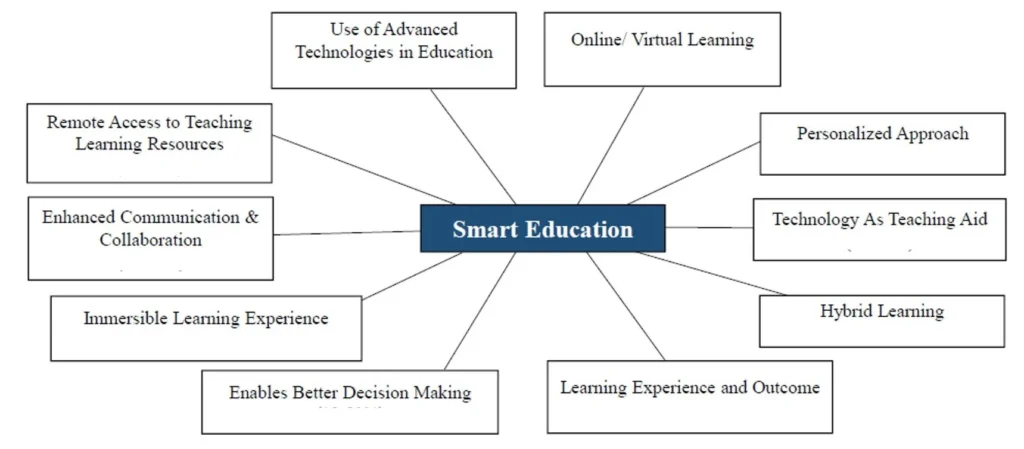
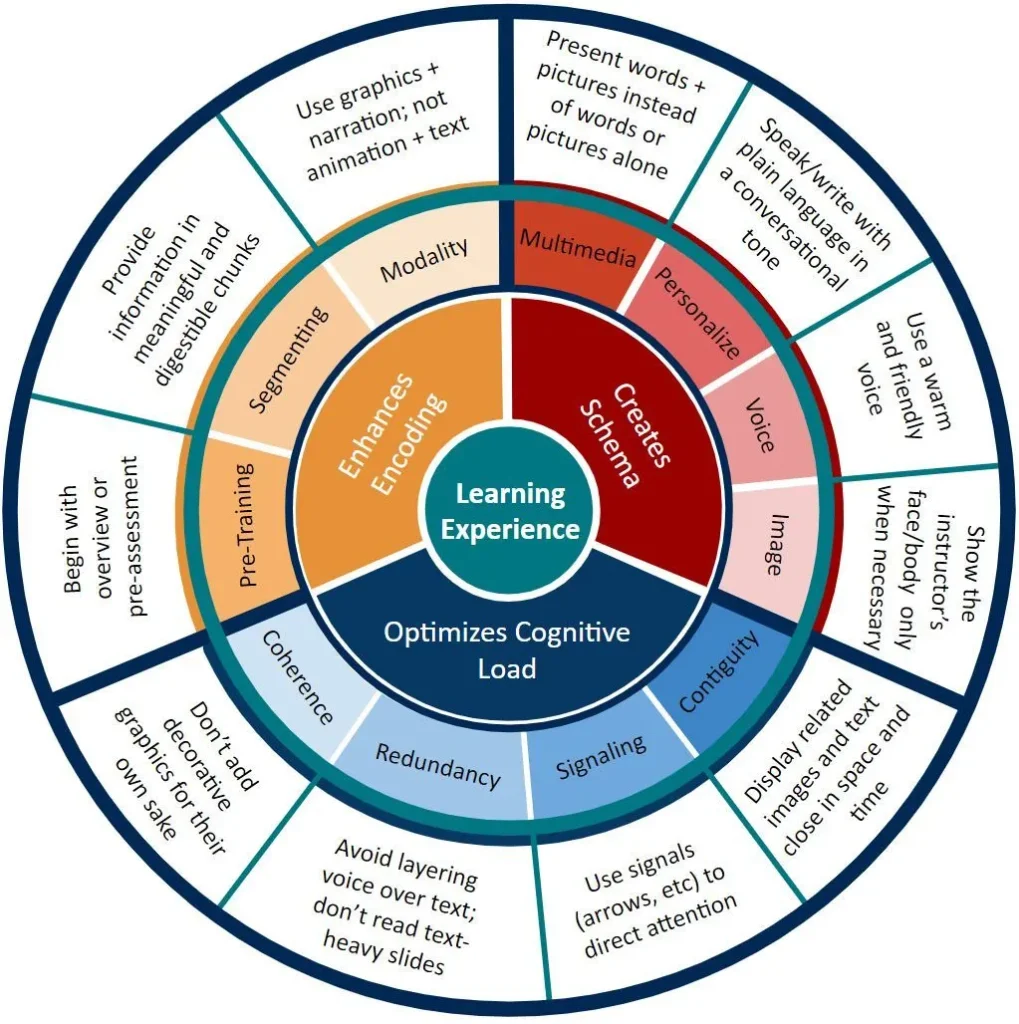
An LMS (Learning Management System) is all about control. It’s designed to deliver, track, and manage training/education. Think of it like a digital classroom where the instructors set the rules, assign tasks, and track progress. It’s great for ensuring compliance and structured learning.
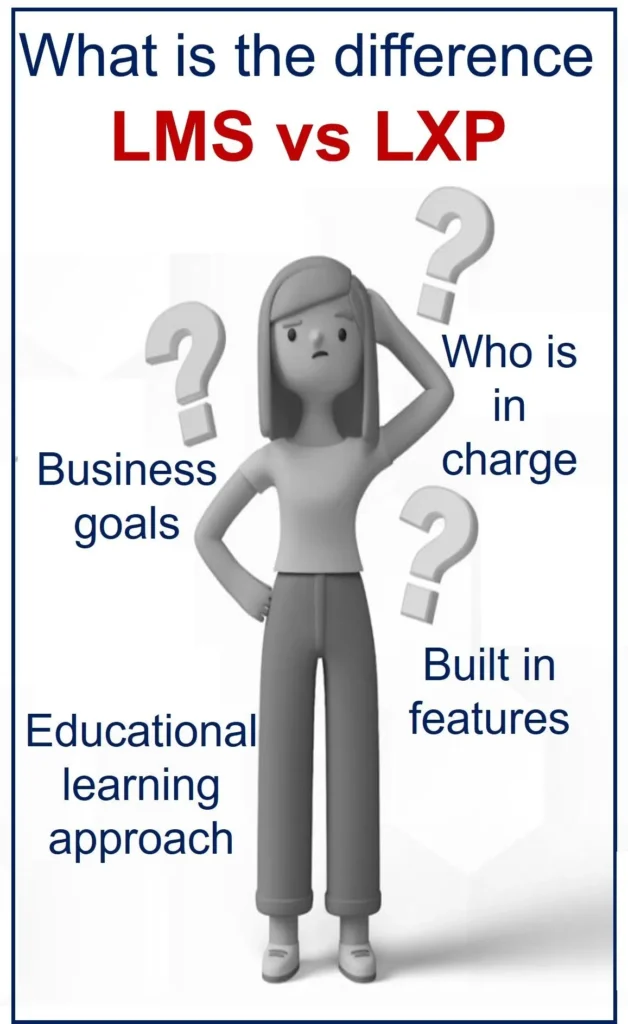
An LXP (Learning Experience Platform), on the other hand, is learner centered. It focuses on personalized learning experiences, often leveraging AI to recommend content based on the learner’s preferences and behavior. It’s more like a Netflix for learning—letting the user explore, engage, and choose their own learning path.
While an LMS is like a strict teacher, an LXP is more like a mentor who lets students find their own way






